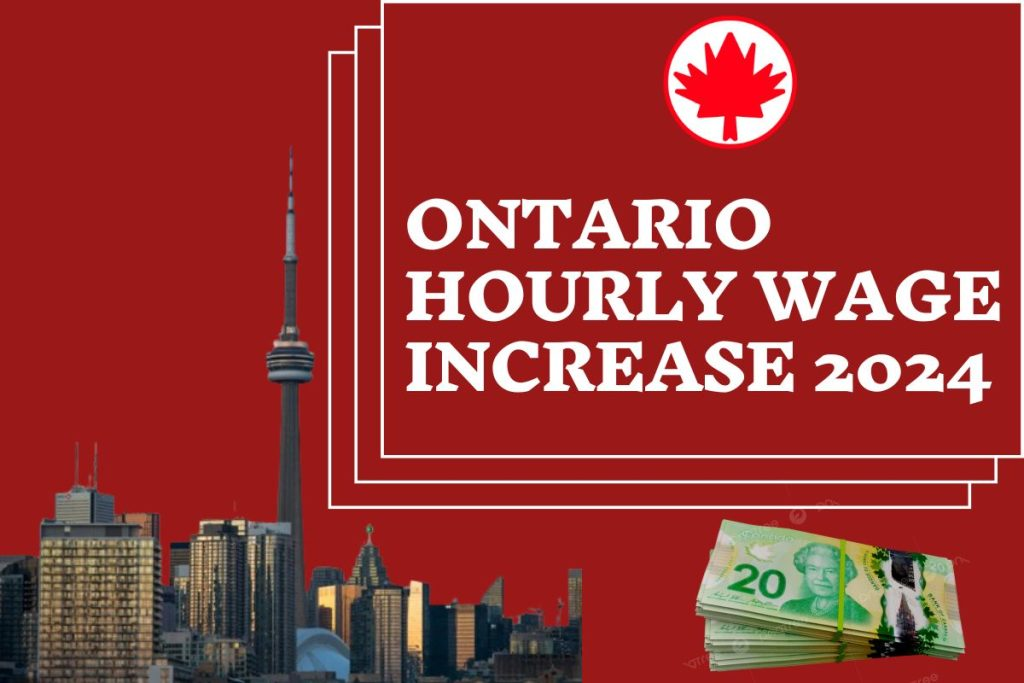

Due to Ontario's rising cost of living and inflation, the government has decided to increase the minimum wage starting from October 2024. This adjustment aims to provide fair compensation to workers, including students and those in liquor services. Let's explore the specifics of this wage hike.
Currently, the minimum wage for general employment in Ontario stands at $16.55 per hour. However, beginning October 2024, this rate will be raised to $17 per hour. Similarly, the minimum wage for students under the age of 18 will also see an increase from $15.60 to $17 per hour. Additionally, workers in liquor services, such as bartenders and servers, will receive a raise to $16.55 per hour.
The decision to raise the minimum wage is a response to various economic factors, including the increasing cost of living. Such adjustments are necessary to ensure that workers receive adequate compensation that aligns with prevailing economic conditions. It's important to note that the minimum wage serves as a baseline, and many employers may offer higher wages based on the nature of the job and other considerations.
The Ontario government regularly reviews and adjusts minimum wage rates to reflect changes in economic conditions and uphold fair labor practices. This ensures that workers are fairly compensated for their contributions to the workforce. The announcement of the minimum wage increase comes amid ongoing efforts by policymakers to address income inequality and promote financial stability for workers and their families.
It's essential to understand that minimum wage laws vary across jurisdictions, and each province or state may have its regulations governing wage rates. In Ontario, the government determines the minimum wage based on factors such as inflation, the cost of living, and prevailing economic conditions. Employers are legally obligated to adhere to minimum wage regulations and provide their employees with the mandated hourly rate. Failure to do so can result in penalties and legal consequences for employers.
The increase in minimum wage rates will have a significant impact on workers across various industries in Ontario. For many individuals, especially those in low-wage jobs, this raise can significantly improve their financial well-being and quality of life. Moreover, the minimum wage increase can stimulate consumer spending and contribute to overall economic growth by putting more money into the hands of workers.
In conclusion, the decision to increase the minimum wage in Ontario underscores the government's commitment to ensuring fair compensation for workers and addressing income inequality. As the implementation date approaches, both employers and workers should familiarize themselves with the new wage rates and ensure compliance with relevant labor laws.
Having an 'Identity Verified' badge or being 'Identity Verified' simply indicates that an individual has submitted information to complete our identity verification process or we have conducted internal verification using various authorized websites. While this process includes safeguards, it does not guarantee that the person is who they claim to be.
If you encounter any issues with this profile, please report them here. While all consultants who are verified have RCIC ID, we may not have the latest data in terms of their renewal/cancellation/discontinuation of their RCIC ID.